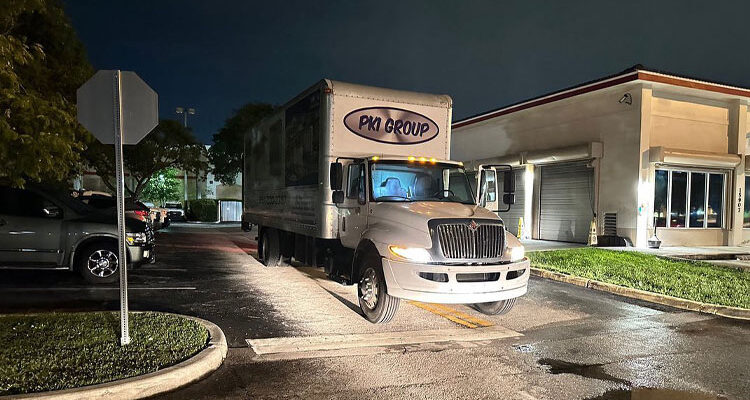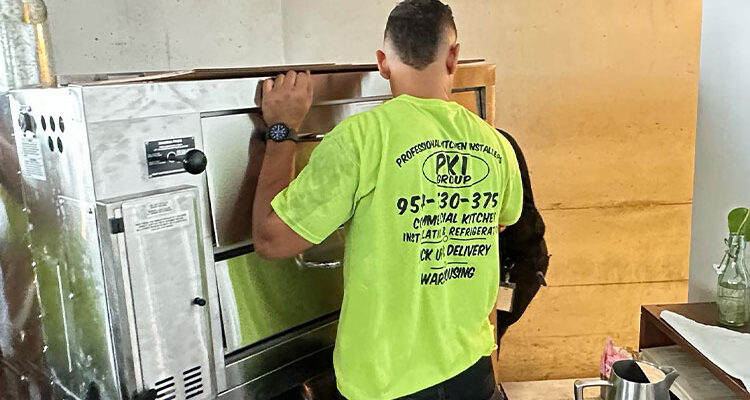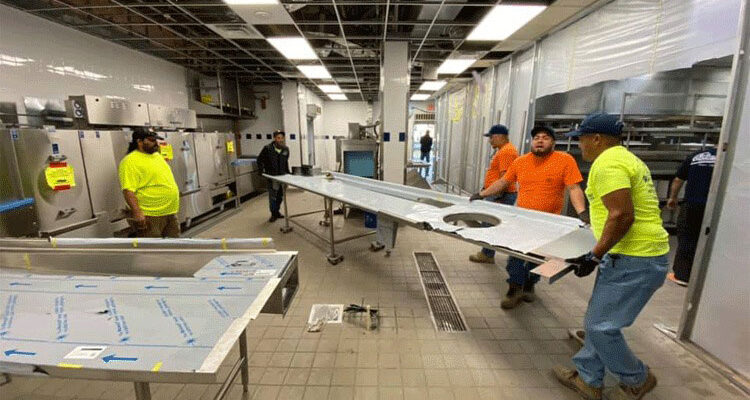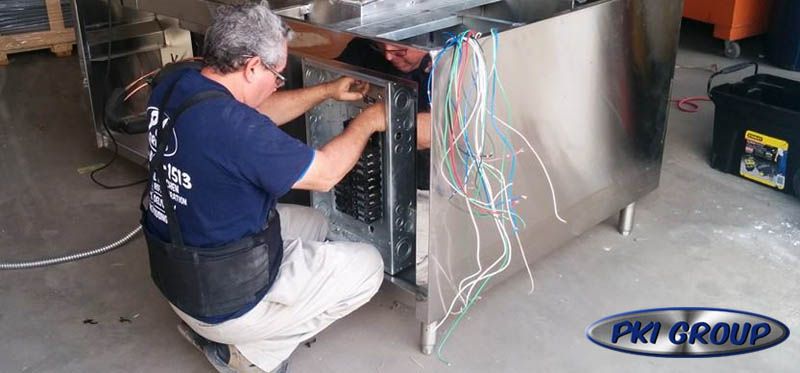In the bustling world of restaurants, where every minute counts and customer satisfaction is paramount, the reliability and efficiency of kitchen equipment play a crucial role. From stoves and ovens to refrigerators and dishwashers, these appliances are the backbone of any commercial kitchen operation. However, like any machinery, they require regular maintenance to ensure optimal performance and longevity. This is where professional commercial kitchen installers step in, offering not only installation services but also essential maintenance that offers Longevity of Restaurant Equipment.
The Vital Role of Maintenance
Maintenance is often an overlooked aspect of running a restaurant. However, neglecting it can lead to a myriad of issues, including unexpected breakdowns, decreased efficiency, and potential health hazards. Regular maintenance not only prevents these problems but also helps in the Longevity of Restaurant Equipment by:
Ensuring Safety: Faulty kitchen equipment can pose significant safety risks to both staff and customers. Regular maintenance helps identify and address potential hazards before they escalate into emergencies.
Optimizing Efficiency: Properly maintained equipment operates more efficiently, reducing energy consumption and ultimately cutting down operational costs. It also ensures consistent performance, enabling chefs to deliver high-quality dishes consistently.
Prolonging Lifespan: Restaurant equipment represents a significant investment. By keeping it well-maintained, restaurant owners can prolong its lifespan, thus maximizing their return on investment and avoiding costly premature replacements.
Compliance with Regulations: Health and safety regulations mandate the regular maintenance of kitchen equipment in commercial establishments. Failure to comply can result in fines, penalties, or even closure. Professional maintenance services ensure that restaurants meet these requirements.
The Expertise of Commercial Kitchen Installers
While some restaurant owners might attempt to perform maintenance tasks themselves or rely on in-house staff, the expertise of professional commercial kitchen installers cannot be overstated. These professionals possess specialized knowledge and experience in servicing a wide range of kitchen equipment, including:
Installation Expertise: Commercial kitchen installers are intimately familiar with the intricacies of various kitchen appliances. This expertise allows them to not only install equipment correctly but also anticipate potential maintenance needs based on the specific requirements of each appliance.
Diagnostic Skills: Identifying underlying issues with kitchen equipment requires a keen eye and an understanding of the machinery’s inner workings. Commercial kitchen installers are trained to diagnose problems accurately and efficiently, minimizing downtime and disruptions to restaurant operations.
Access to Parts and Resources: Professional maintenance services often have access to genuine replacement parts and resources that may not be readily available to the average restaurant owner. This ensures that repairs are conducted using high-quality components, reducing the likelihood of recurring issues.
Scheduled Maintenance Plans: Many commercial kitchen installers offer scheduled maintenance plans tailored to the needs of each restaurant. These plans typically include routine inspections, cleaning, and calibration services designed to keep equipment in optimal condition year-round.
The Cost-Effectiveness of Professional Maintenance
While some restaurant owners may balk at the idea of investing in professional maintenance services, the long-term cost-effectiveness cannot be denied. Consider the following:
Preventive vs. Reactive Maintenance: Reactive maintenance, i.e., addressing problems only when they arise, is often more expensive and disruptive than preventive maintenance. By investing in regular maintenance, restaurant owners can avoid costly emergency repairs and unexpected downtime.
Improved Energy Efficiency: Well-maintained equipment operates more efficiently, leading to lower energy bills over time. The savings accrued from reduced energy consumption can offset the cost of maintenance services, making them a wise investment in the long run.
Reduced Risk of Liability: Equipment failures resulting in accidents or food safety violations can expose restaurant owners to legal liability and reputational damage. Professional maintenance helps mitigate these risks by ensuring that equipment operates safely and complies with regulations.
Preservation of Reputation: In the competitive restaurant industry, reputation is everything. A reputation for reliability and consistency can attract and retain customers, ultimately driving revenue. By maintaining well-functioning equipment, restaurants can uphold their reputation for excellence in both food quality and service.
The PKI Group – Longevity of Restaurant Equipment
While the upfront cost of professional maintenance services may seem daunting to some restaurant owners, the long-term benefits far outweigh the investment. By partnering with experienced commercial kitchen installers to provide ongoing maintenance for restaurant equipment, owners can enhance efficiency, prolong lifespan, and ultimately ensure the success of their establishments in a competitive industry. After all, in the fast-paced world of restaurants, reliability is the key ingredient to success. Call The PKI Group at 954-530-3757




